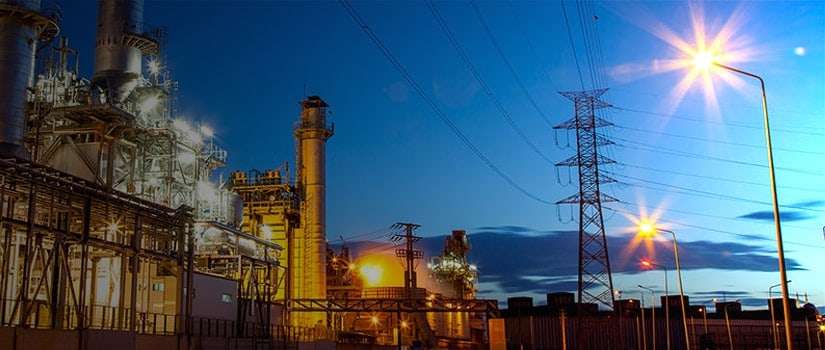Where industries are pushing themselves towards technology which is the future there are still industries that need to push themselves a more, not just to adopt the technology but sustain with them. I don’t really want to use the word “sustain” but “rebuild” would work. As with every industry, utilities are also taking a major shift with smart solutions as sensors, smart meters, intelligent devices, and IoT system. This is not just about shifting but they are facing a major challenge in managing the data which is been generated with these smart devices. A large amount of data is been generated by MDMs, ERP, CRM and SCADA systems. These data if handled properly can give a deep and better understanding of assets, supply operations, consumers and demand. As for now, it is quite hard to achieve because of the traditional data management that is still being used by utilities.
Also Read: Advantages of Utilizing Data Science and ML in your Enterprise Operations
The reason behind they lack is,
There is no real-time visibility of data, about consumption or if to be tracked, if this would be possible it would help them to know exactly the consumption, wastages and related costs.
If data management is a challenge that we can’t hope for scalability, so there will always be an absence of a scalable data which would be collected from numbers of meters and the other data records.
There is no such system that can notify us before damage, theft, leakage or any major utility loss. Hence the consumers and the utility providers can’t do anything about it, as it is something which comes without any alert or awareness.
There is nothing like a predictive intelligence system that can predict failures, outcomes, and events for better operational efficiency.
Thus, utilities need to rebuild their operations and recognize the impact of data systems. What if when utility gets to know about the failure or loss of assets and operations in advance. This would help them to take preventive measures or plan its maintenance before any damage occurs. Though they can realize by adopting predictive analytics capabilities which would help them to enhance their performance, reduce errors and increase the customer-centric values.
According to the source, 30% of the utilities are taking themselves off from the traditional data system to data analytics solutions that give better insights and actions. They can monitor AMR/AMI systems, get the real-time insights on distribution and consumption, manage it and optimize the consumption. They can identify the anomalies. Thus, utilities can create consumer awareness with a pattern.
This can also be beneficial to water utility customers with a smart meter that encounters data systems challenges. By managing millions of smart meters which can send more than millions of records every year. It also helps with real-time visibility of consumption and every data. It also sends an alert or notification for any of usage or damage. It also gives the predictive analytics that can enhance and optimize the performance.
Hence 30% have started and I think its time to shift for the rest of utilities to rebuild the operations.


